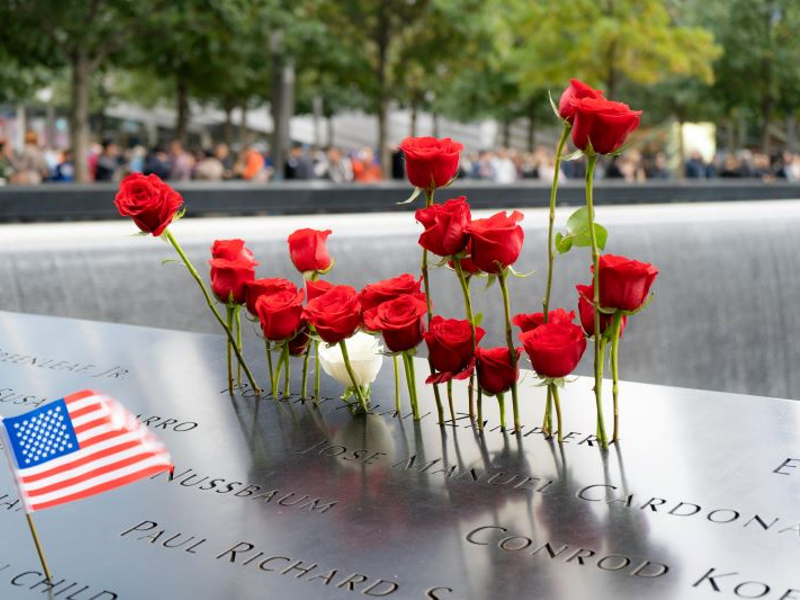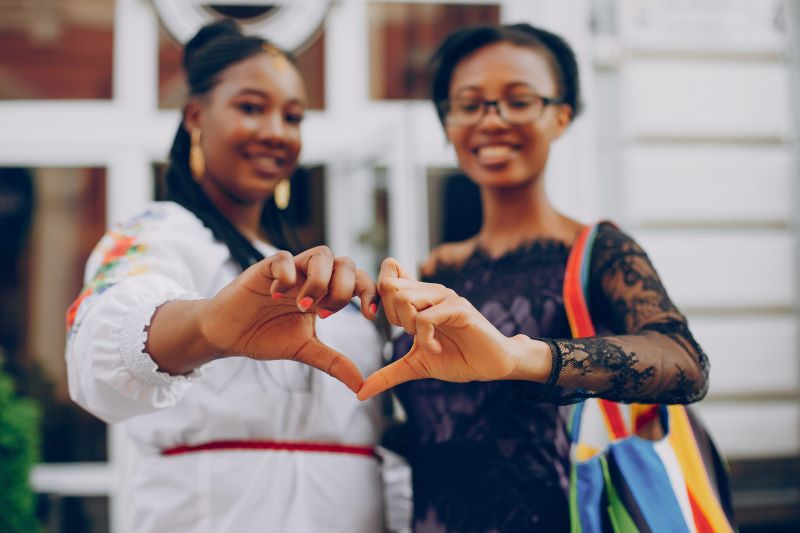Photo by Soly Moses
September 11th, 2001 could have just been an ordinary day for many living in the United States. For many Africans living in the diaspora, especially in the United States, that day began with the occasional hustle and bustle they had become accustomed to. Anticipating nothing, many were unprepared that the world was about to change and with it the ripple effects impacting immigration policies, geopolitics, foreign policies, and cultural outlook.
At 8.46 a.m. and 9.03 a.m on Sept 11, American Airlines Flight 11 and United Airlines Flight 175, hijacked by terrorists crashed into the North and South Towers of the World Trade Center (WTC) in Lower Manhattan, a third aircraft crashed into the Pentagon in Arlington, Virginia while the fourth aircraft crashed in a field in Somerset County, Pennsylvania.
The impact of that dastardly act not only destroyed the famously recognized Twin Towers but also led to a huge loss of lives, amongst which were several Africans trapped in the buildings as they came tumbling down as well as in the hijacked airlines.
While the aftermath of the terrorist attacks on Sept 11 initiated a geopolitical war on terror with the United States being at the forefront of clamping down on terror cells and leading military campaigns in Iraq, Afghanistan, and other countries suspected to be a haven for terrorists, Africans in diaspora were confronted with the bigger issue of dealing with the loss of their citizens who were victims of the attack and navigating the distrust from the countries in diaspora in which they were domiciled.
The shift in immigration policies after Sept 11 meant greater visa scrutiny for Africans interested in relocating abroad and a review of residency permits already approved for diaspora residents. Furthermore, there was an increase in suspicion amongst the citizenry leading to xenophobic and Islamophobic outbursts directed at Africans living abroad.
With the ongoing clampdown on visa restrictions especially for countries that the United States perceived to be a terror haven, as well as the implementation of restrictive policies that impeded the opportunities for African diasporans to bring in family members, the fragmenting of families became a considerable strain and provided a sense of helplessness.
Consequently, while the death of Africans who were among the many victims of the terrorist attack did not hit the headlines, the loss was felt by those back home as this tragedy meant the loss of a breadwinner, father, mother, and sibling, to those whom they had left behind.
Despite these challenges, Africans in the diaspora have continued to contribute to the growth of American society and other countries in which they find themselves. Inserting themselves into various fields in society, many African Diasporans have become experts in several fields of endeavor, offering research and solutions to issues.
Anger, rage, shock, fear, and a feeling of despair were all a shared emotion by all who witnessed the senseless terror attacks on Sept 11. Despite the horrors of that day and the unfair backlash received by Africans in the diaspora, the world has continued to rise above these prejudices and find common ground in our shared humanity.

Okechukwu Nzeribe works with the Onitsha Chamber of Commerce, in Anambra State, Nigeria, and loves unveiling the richness of African cultures. okechukwu.onicima@gmail.com





